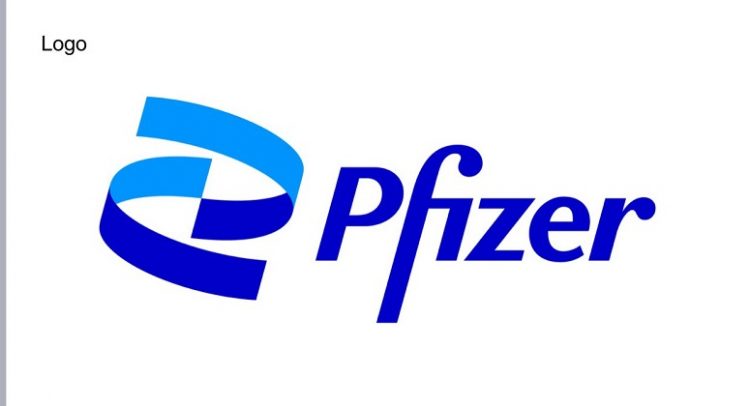MEDICAL DIRECTOR for Sub-Saharan Africa at Pfizer, Kodjo Soroh, has expressed the hope that through effective continuous vaccination, cervical cancer could be eradicated, just like small pox.
In a statement by Pfizer, leading global pharmaceutical company, in marking this year’s World Immunization Week, Dr. Soroh stressed on the importance of vaccines saying, they underpin our global health security by preventing and controlling over 30 infectious diseases, reducing unnecessary hospitalizations and controlling infectious disease outbreaks.
“We should not forget that they [vaccines] are one of the world’s most powerful and cost-effective public health tools available and have successfully helped to eradicate, eliminate, and manage many deadly infectious diseases.
“Smallpox has been eradicated and polio is nearly gone. Cervical cancer could become the first cancer to be eliminated”, opined Dr. Soroh.
The World Immunization Week is celebrated in the last week of April each year to highlight the collective efforts by all stakeholders needed to protect people from vaccine-preventable diseases, while ensuring effective vaccination for all.
In commemorating this year’s edition which is being held under the theme; “The Big Catch-Up”, Pfizer aims to highlight the importance of vaccines and how they protect people of all ages against many diseases, providing an opportunity for all persons to pursue a life well-lived.
According to the statement, despite being in the midst of “heightened concern and apprehension around the status of vaccination programs around the world” due to over two years of immunization backsliding caused by COVID-19 pandemic disruptions, this year’s edition would mark the beginning of a year-long campaign to make a global push to get millions of children vaccinated and return to pre-pandemic vaccination levels.
“We must catch-up, restore and strengthen immunization services to reach the millions of people missing out on the life-saving benefits of vaccines and stop outbreaks from accelerating”, the statement noted.
According to Dr. Soroh, today, more than at any time in history, people continue to benefit from safe and effective vaccines to prevent infections and diseases. These injections have protected people of all ages, from newborns to seniors.
“However, our work is not done”, he bemoaned. “Many viruses and bacteria still present a serious health risk, and so we continue to focus on research and development in new areas, with the goal of adding more approved vaccines to tackle pathogens”.
Global vaccination coverage figures, he added, are looking up, but they still mask huge inequalities that cannot be ignored.
“To help protect as many people as possible from life-threatening illness, we’re working to develop and distribute vaccines throughout the world. We’ve already seen that by channeling resources to the most promising public health opportunities, we can have an impact across all areas of life.”
He went on to advise persons to protect themselves through vaccination, saying, “By getting vaccinated, you can protect yourself and also avoid spreading preventable diseases to other people in your community”.
BY Nii Adjei Mensahfio


